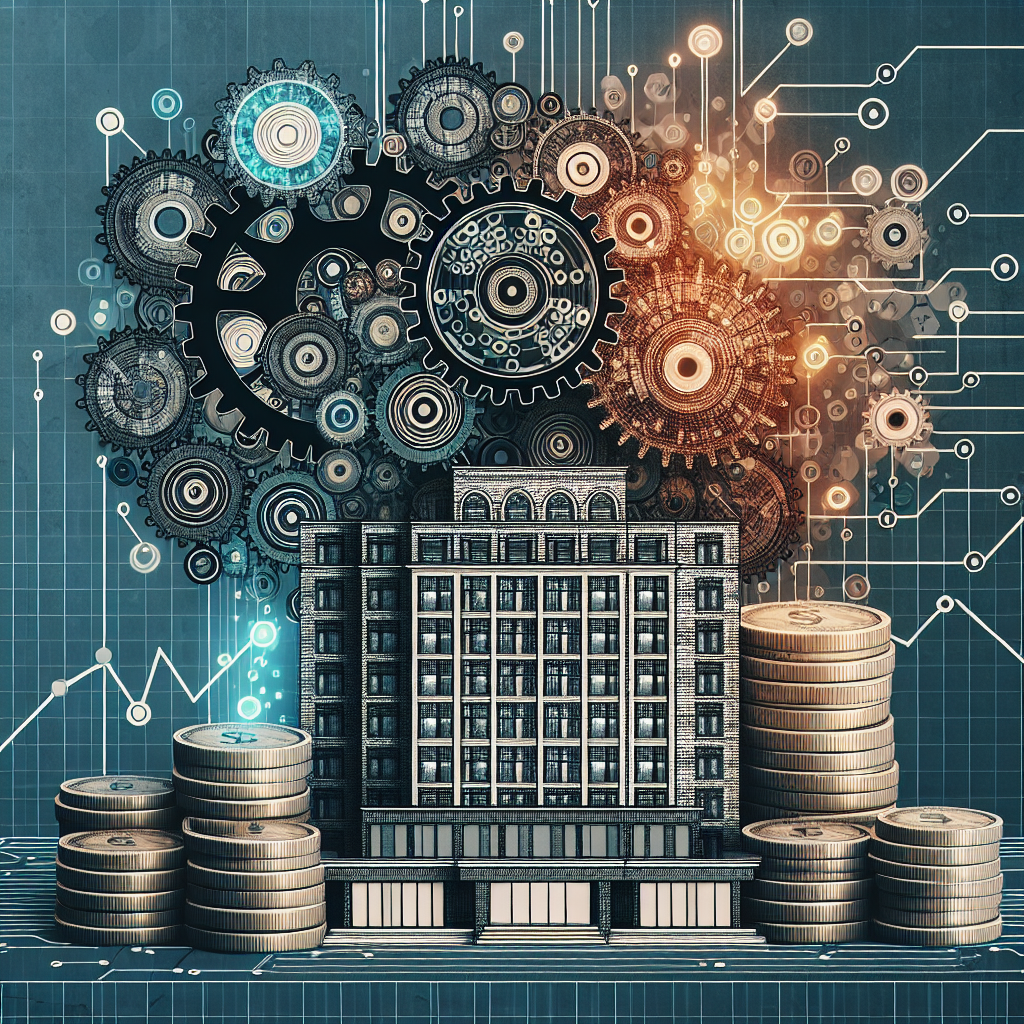The Impact of AI on Revenue Generation and Profitability in the Hospitality Industry
Artificial Intelligence (AI) has revolutionized the way businesses operate across various industries, and the hospitality industry is no exception. From improving customer experiences to streamlining operations, AI has had a significant impact on revenue generation and profitability in the hospitality sector. In this article, we will explore the various ways in which AI is transforming the hospitality industry and driving revenue growth for businesses.
1. Personalized Customer Experiences
One of the key ways in which AI is impacting revenue generation in the hospitality industry is through personalized customer experiences. AI-powered technology allows hotels and restaurants to gather data on customer preferences, behavior, and past interactions to create personalized experiences for guests. By analyzing this data, businesses can tailor their offerings to meet the specific needs and preferences of individual customers, ultimately leading to increased customer satisfaction and loyalty.
For example, AI-powered chatbots can interact with guests in real-time, providing personalized recommendations for dining, activities, and local attractions based on their preferences and past interactions. This level of personalization not only enhances the overall guest experience but also increases the likelihood of upselling and cross-selling opportunities, ultimately driving revenue growth for businesses.
2. Revenue Management
AI has also revolutionized revenue management in the hospitality industry by enabling businesses to optimize pricing strategies and maximize revenue potential. AI algorithms can analyze a wide range of data, including historical booking patterns, competitor pricing, and market demand, to recommend optimal pricing strategies in real-time. This allows businesses to adjust prices dynamically based on demand fluctuations and market trends, ultimately driving revenue growth and profitability.
Moreover, AI-powered revenue management systems can also identify upselling opportunities and recommend pricing strategies for ancillary services, such as room upgrades, dining reservations, and spa treatments. By leveraging AI to optimize pricing and upselling strategies, businesses can increase revenue per available room (RevPAR) and maximize profitability in a highly competitive market.
3. Operational Efficiency
AI technology has also improved operational efficiency in the hospitality industry, leading to cost savings and increased profitability for businesses. AI-powered systems can automate routine tasks, such as check-in processes, room assignments, and housekeeping schedules, allowing employees to focus on more value-added tasks that enhance the guest experience.
Furthermore, AI-powered predictive maintenance systems can analyze data from various sensors and IoT devices to identify potential equipment failures before they occur, reducing downtime and maintenance costs. By optimizing operational processes and improving efficiency through AI technology, businesses can reduce overhead costs and increase profitability in the long run.
4. Marketing and Customer Acquisition
AI has also transformed marketing and customer acquisition strategies in the hospitality industry, enabling businesses to target the right customers with personalized offers and promotions. AI-powered marketing platforms can analyze customer data to segment audiences based on demographics, preferences, and behavior, allowing businesses to create targeted marketing campaigns that drive customer engagement and loyalty.
Moreover, AI algorithms can predict customer behavior and preferences, enabling businesses to create personalized offers and promotions that are more likely to resonate with customers. By leveraging AI technology to optimize marketing campaigns and customer acquisition strategies, businesses can increase customer acquisition rates and drive revenue growth in a highly competitive market.
FAQs:
Q: How can AI technology improve revenue generation in the hospitality industry?
A: AI technology can improve revenue generation in the hospitality industry by enabling businesses to create personalized customer experiences, optimize pricing strategies, improve operational efficiency, and enhance marketing and customer acquisition strategies.
Q: What are some examples of AI applications in the hospitality industry?
A: Some examples of AI applications in the hospitality industry include chatbots for personalized customer interactions, revenue management systems for pricing optimization, predictive maintenance systems for operational efficiency, and marketing platforms for customer acquisition and engagement.
Q: How can businesses leverage AI technology to increase profitability in the hospitality industry?
A: Businesses can leverage AI technology to increase profitability in the hospitality industry by optimizing pricing strategies, reducing operational costs, improving customer acquisition rates, and enhancing customer loyalty and retention.
In conclusion, AI technology has had a significant impact on revenue generation and profitability in the hospitality industry by enabling businesses to create personalized customer experiences, optimize pricing strategies, improve operational efficiency, and enhance marketing and customer acquisition strategies. By leveraging AI technology to transform their operations, businesses can drive revenue growth and increase profitability in an increasingly competitive market.

